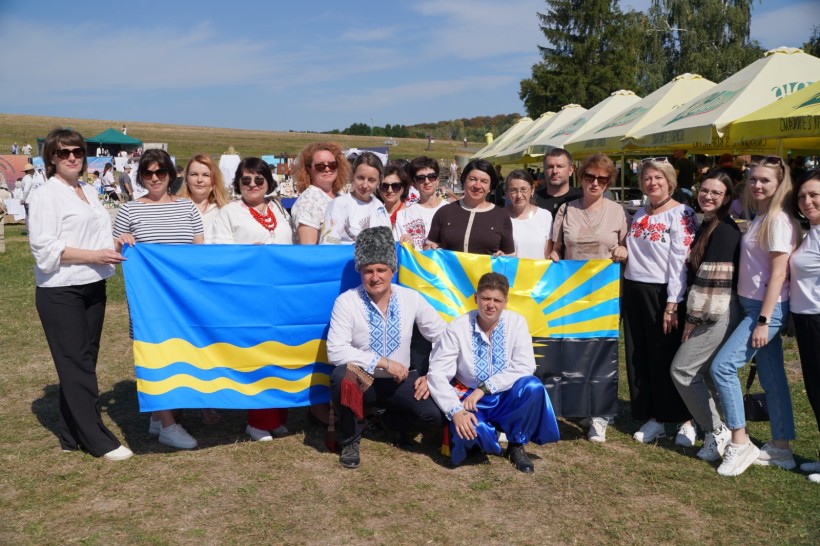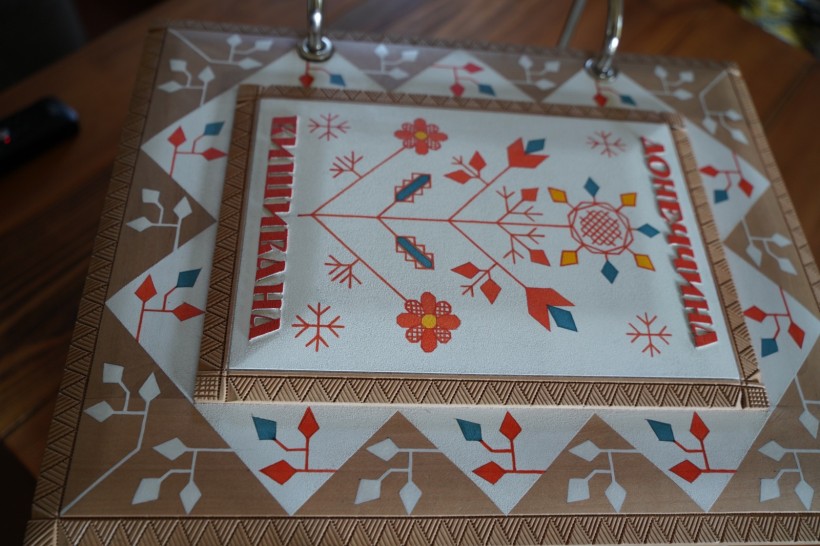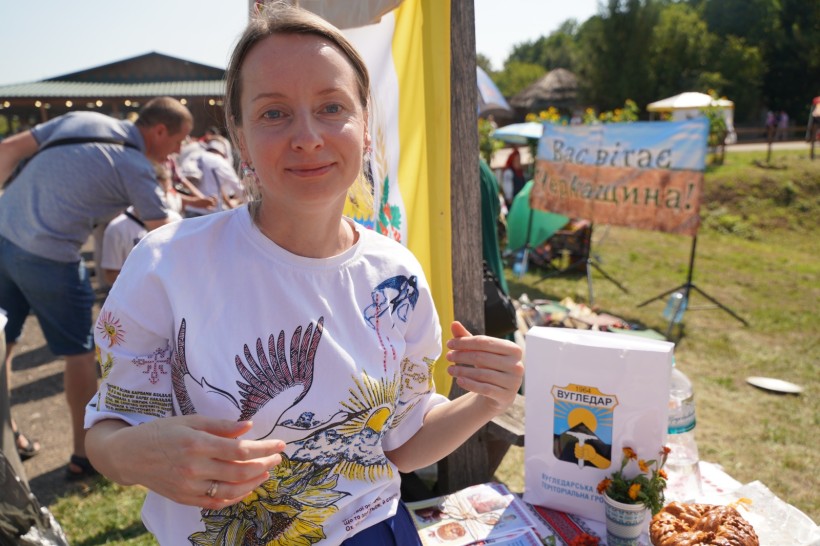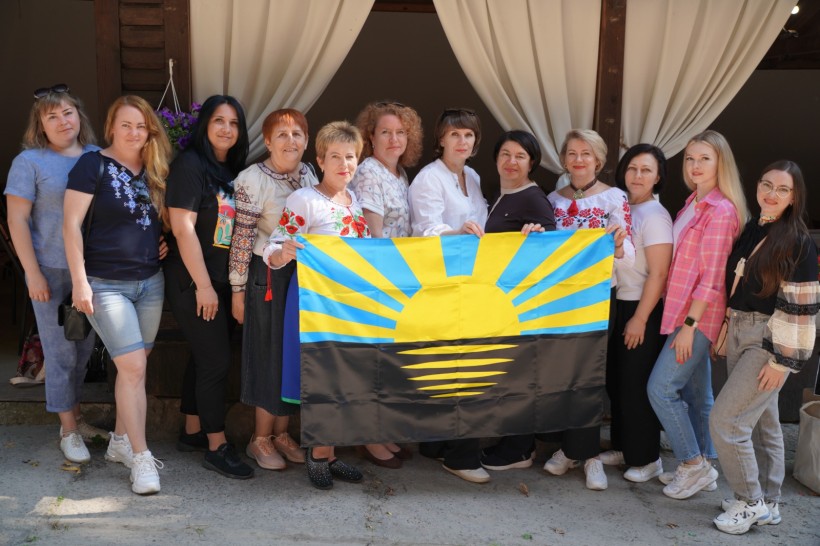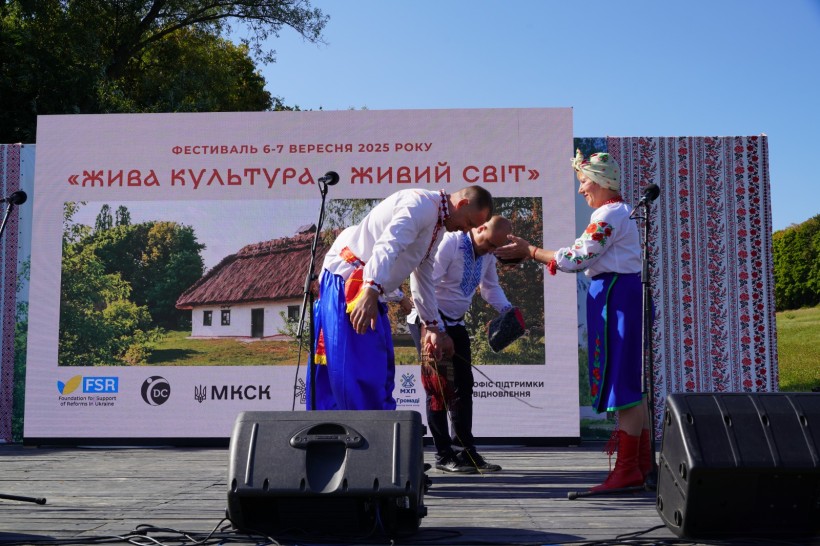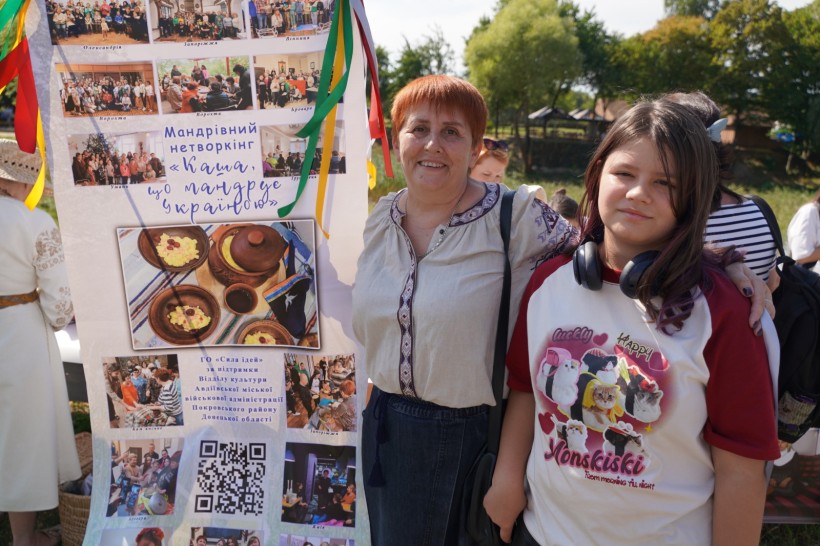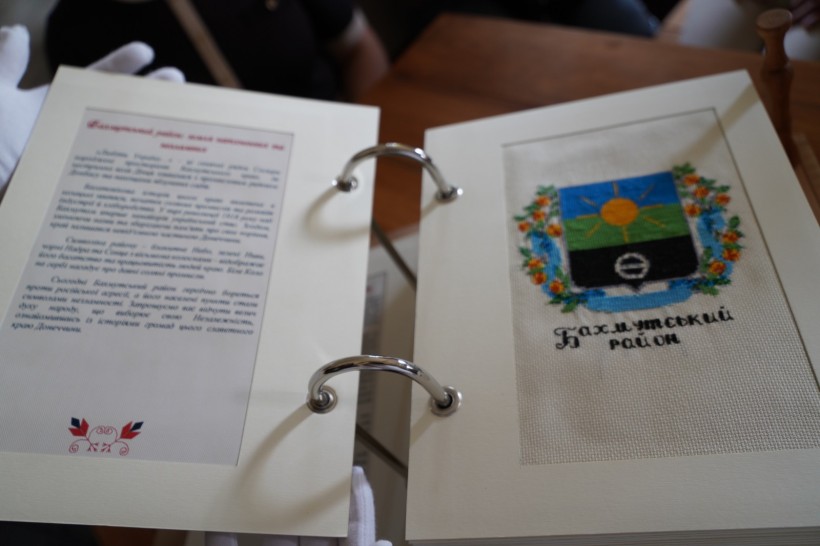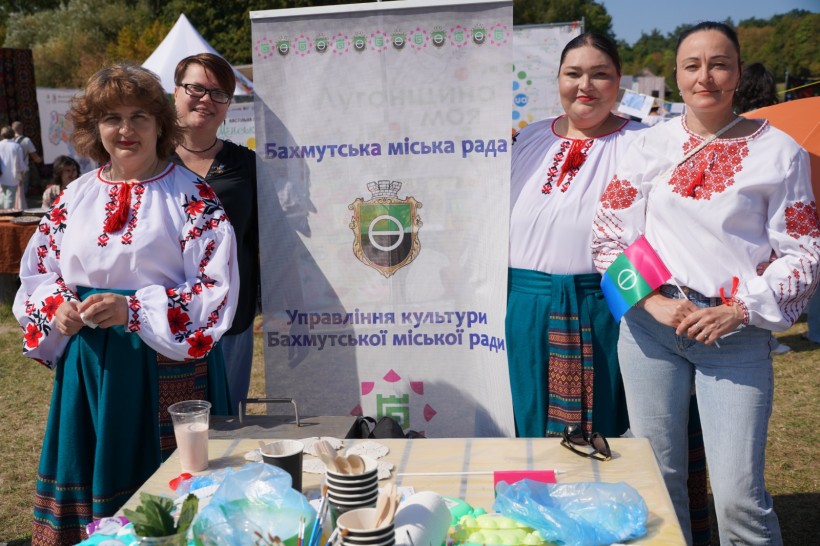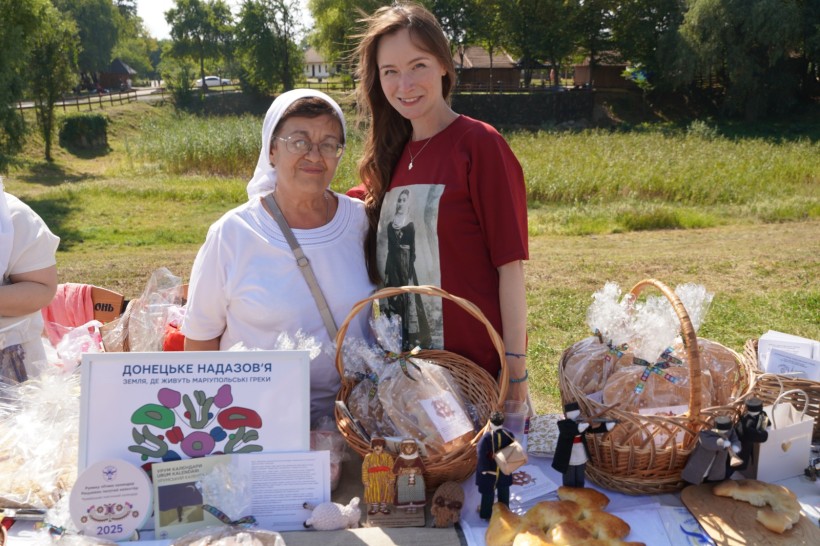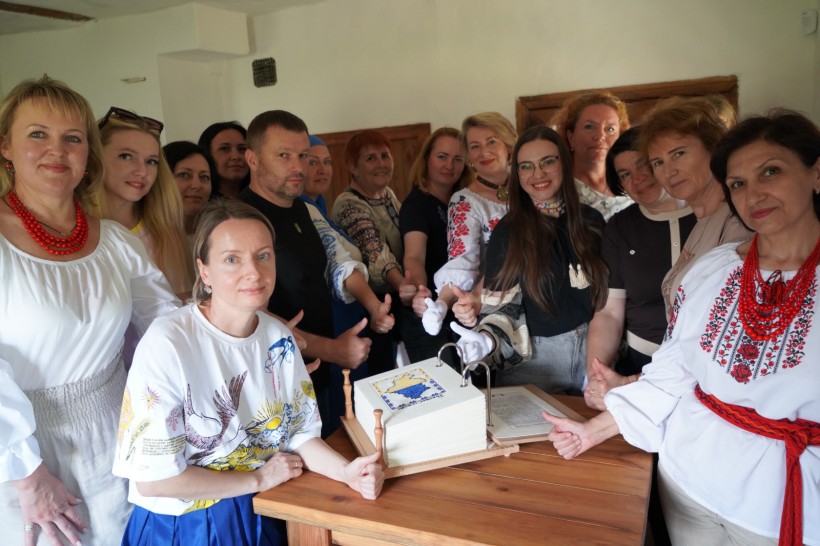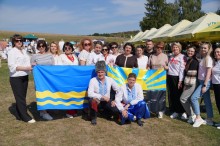
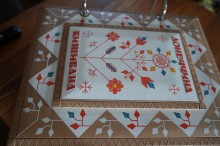
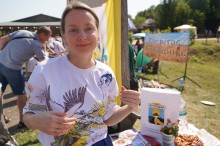
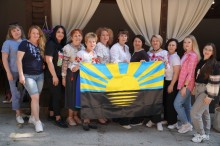
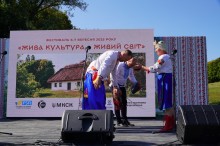
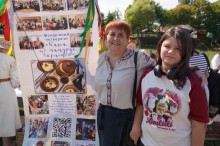
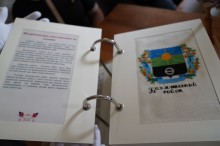
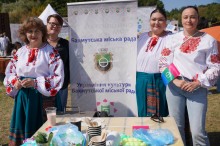
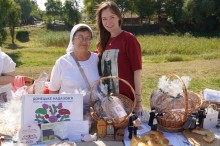
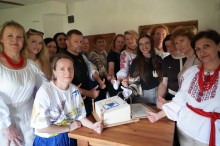
On September 6, the National Museum of Folk Architecture and Rural Life of Ukraine hosted a forum on the Strategy for the Development of Intangible Cultural Heritage in Ukraine. It became the central event of the Living Culture - Living World festival, dedicated to the celebration of the International Days of Intangible Cultural Heritage in 2025.
The forum brought together those who cherish the tradition on a daily basis - carriers, practitioners, representatives of organizations and partner institutions. They talked about the most important issues: how to protect and develop intangible cultural heritage in the face of modern challenges - from public policy to digital innovations, from the role of traditions in emergencies to their importance in the creative industries. The leitmotif of the discussions was clear and unambiguous: without living heritage, there is no identity, and without identity, there is no future for Ukraine.
The event was greeted by Galyna Hryhorenko, First Deputy Minister of Culture and Strategic Communications of Ukraine, Chiara Dezzi Bardeschi, Head of the UNESCO Office in Ukraine, and other high-ranking officials.
The festival "Living Culture - Living World" became a unique space for meeting with authenticity. Here you could see and feel a living tradition: join master classes, talk to masters, touch the voices and rituals that preserve the memory of generations. The past was organically intertwined with the present, reminding us that tradition is not a museum piece, but a living fabric of our present.
Donetsk region was also well represented. One of the highlights of the large-scale event was the presentation of the unique book collection "Embroidered Donetsk Region," which is an embroidered history of 45 communities in the region and 5 districts. Historians, local historians, the public, cultural figures, and embroiderers worked on the project. Together, they assembled a unique collection that became the basis of a large embroidered book, a true cultural artifact that reflects the region's identity.
The festival featured items included in the National List of Intangible Cultural Heritage. The Avdiivka city community presented "The custom and technology of cooking festive and memorial porridge in the city of Avdiivka". The Velykonovosilkivska community impressed the festival guests by presenting the Rite of the "Viper Persecution" on the main stage. The Mangush community presented "Cultural customs and traditions of the ritual bread of the Nadazovsky Greeks (Psatyr)".
In addition, participants from the Mangush and Kalchytsia communities presented a number of unique elements from the regional list of cultural heritage, including "Vasylopita. The rite of cutting the New Year's cake among the Nazovian Greeks".
"Alabaster interior decor: the tradition of Bakhmut" was the presentation of the Bakhmut city community. The guests were interested in and positively responded to the following presentations: "Cooking a traditional closed cake of the Nadazovsk Greeks "Kyobete", presented by the Myrnenska community; "The rite of baking a copper loaf as an element of the wedding tradition of the village of Khlibodarivka", presented by the Khlibodarivska community; "Making Easter cake with braids - the ritual bread of Novoukrainka village" and "Wedding tradition of making "Ring for Happiness" in Bohoyavlenka village, Vuhledar community.
Vibrant performances by masters of culture of Donetsk region, sincere communication with the bearers of cultural traditions became a clear confirmation that, despite the temporary occupation of part of Donetsk region, communities demonstrate their resilience: they continue to preserve, popularize and pass on their traditions as an integral part of Ukrainian cultural heritage.
This festival has once again reminded us that intangible cultural heritage is not only a guardian of the past, but also the foundation of the future. Its preservation is our common duty and a guarantee that Ukraine will always remain itself.
